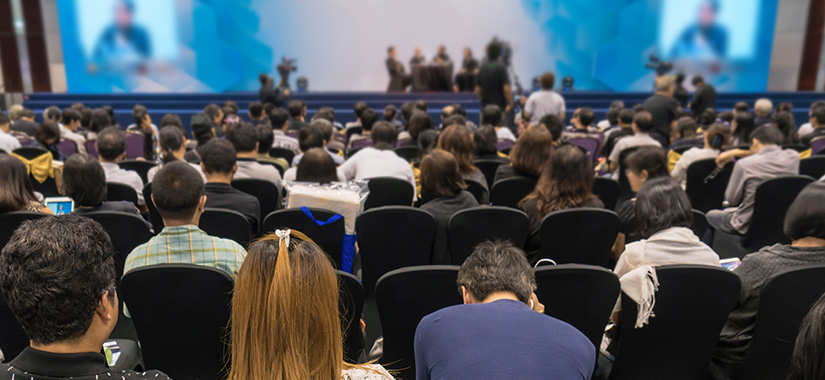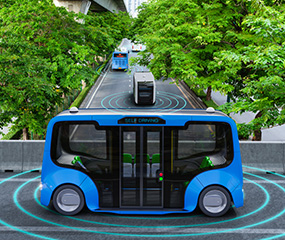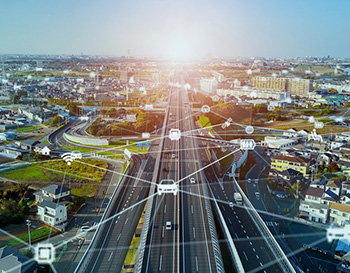Virtual TaaS Mobility Blockchain 2024 Why should you attend?
Amidst an era of unprecedented change in the way we move, the event showcases blockchain & web3 innovation in the automotive, mobility, and transport sectors.
The Virtual TaaS Mobility Blockchain Conference & Exhibition brings together automotive manufacturers, mobility service provides, blockchain developers/SMEs, investors and policymakers to explore the transformative potential of blockchain technology to create secure, open and scalable mobility networks that drive sustainability and deliver equitable economic growth.
Join us at the Virtual TaaS Mobility Blockchain Conference & Exhibition and become a part of the mobility revolution. Don't miss the chance to be at the forefront of change, where blockchain redefines the way we move and builds a more sustainable and equitable future.
Cutting-Edge Insights and Innovation Showcase
Discover how blockchain is revolutionizing mobility and explore the latest innovations.
01Exploring Transformative Potential
Dive deep into blockchain's impact on Autonomous, Connected, Electrified, and Shared vehicles.
02Unparalleled Networking Opportunities
Connect with industry leaders and innovators shaping the future of transportation.
03Participate in Shaping the Future
Join manufacturers, OEMs, developers, and policymakers in shaping the future of mobility.
04About the Conference
The conference delves deep into the convergence of blockchain technology within the ACES and mobility sector, where the amalgamation of Vehicle-to-Anything (V2X) and Peer-to-Peer (P2P) communications gives rise to secure, scalable, and token-incentivized networks of people, vehicles, and transport infrastructure.
Tokenized sustainability incentives and rewards drive eco-friendly practices, support sustainability and the pursuit of net-zero climate goals. Decentralised identities and NFT-based identity solutions ensure secure digital identities, while token-driven networks establish equitable, efficient, and automated mobility systems, striking a balance between privacy and accountability. These resilient and transparent mobility networks, functioning on public infrastructure, guarantee efficiency and security in sustainable mobility ecosystems, promoting economic growth, open innovation, and environmental sustainability.
The event offers a unique opportunity to connect with thought leaders, industry experts, and innovators pioneering the transformation of mobility. From manufacturers and OEMs to SMEs, developers, and policymakers, everyone plays an active role in steering the trajectory of this sector.

Meet our 2024 Event Speakers
The speaker list is currently being updated. Please check back again soon.





